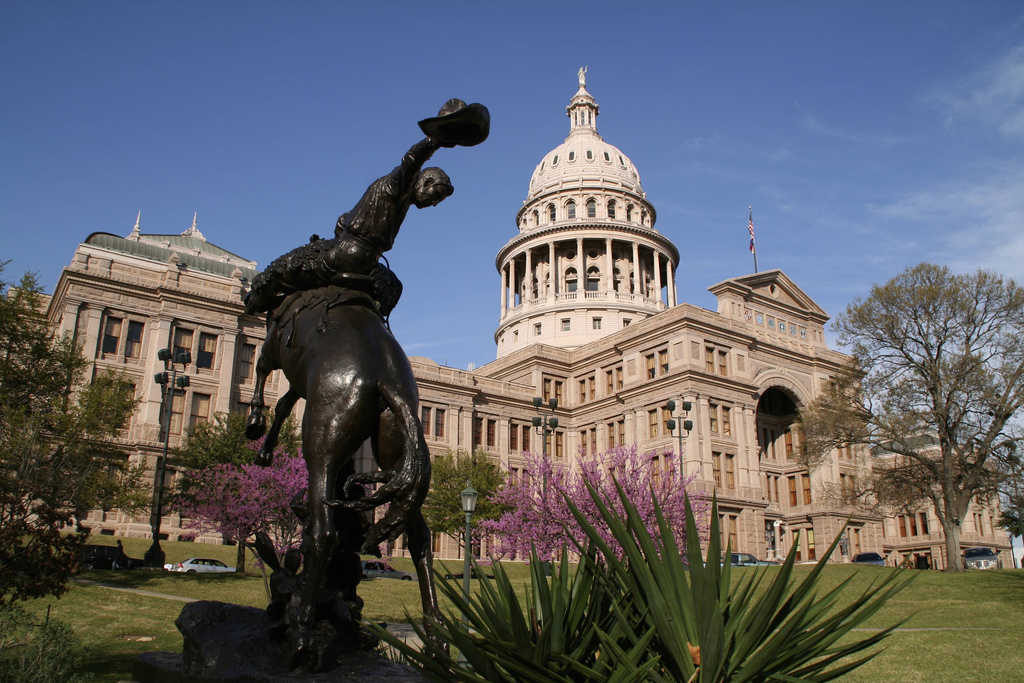Here in Texas, we’ve had the Religious Freedom Restoration Act on the books since 1999, signed into law by George W. Bush while he was governor. But some lawmakers want to change it again, despite concerns from the Texas Association of Business.
“One of the proposals essentially would allow any business to refuse to provide goods or services to any person … not just gays and lesbians. That’s trying to say you have a right to discriminate against anybody,” says Charles “Rocky” Rhodes, professor of law at the South Texas College of Law.
He feels that in many ways Texas was ahead of its time with the passing of this law in 1999 and supports the law, saying it has done a very good job.
“It specifically provides it cannot be used to support acts of discrimination,” Rhodes says.
“These laws can be used for a great deal of good, they’ve typically been used to protect people who have somewhat out of the mainstream religious practices that could otherwise not get a political exemption for their beliefs,” Rhodes says. He suggests that similar bills brought forward in other states now are only drawing attention due to their timing.
Walmart is asking the governor of Arkansas to veto a bill described by supporters as a religious freedom measure, and in Indiana, companies and organizations like Apple and the NCAA are voicing concern about a similar law in that state.
“The problem with the Indiana law is really an issue of timing…why are they doing it at this time, and is this trying to create some sort of license to discriminate?” Rhodes asks. “If you look at the language of the law, it’s just not that different than what we’ve seen in Texas and other states.”
“The business community has started a backlash against some of these proposals,” Rhodes says. “Texas has had a very good [act] on the books, for almost 20 years, it’s done a very good job. Any attempts to change this law might look like an intent to discriminate, and in Texas we will only get a larger backlash.”
This story was prepared with assistance from Jane Schwartz.











